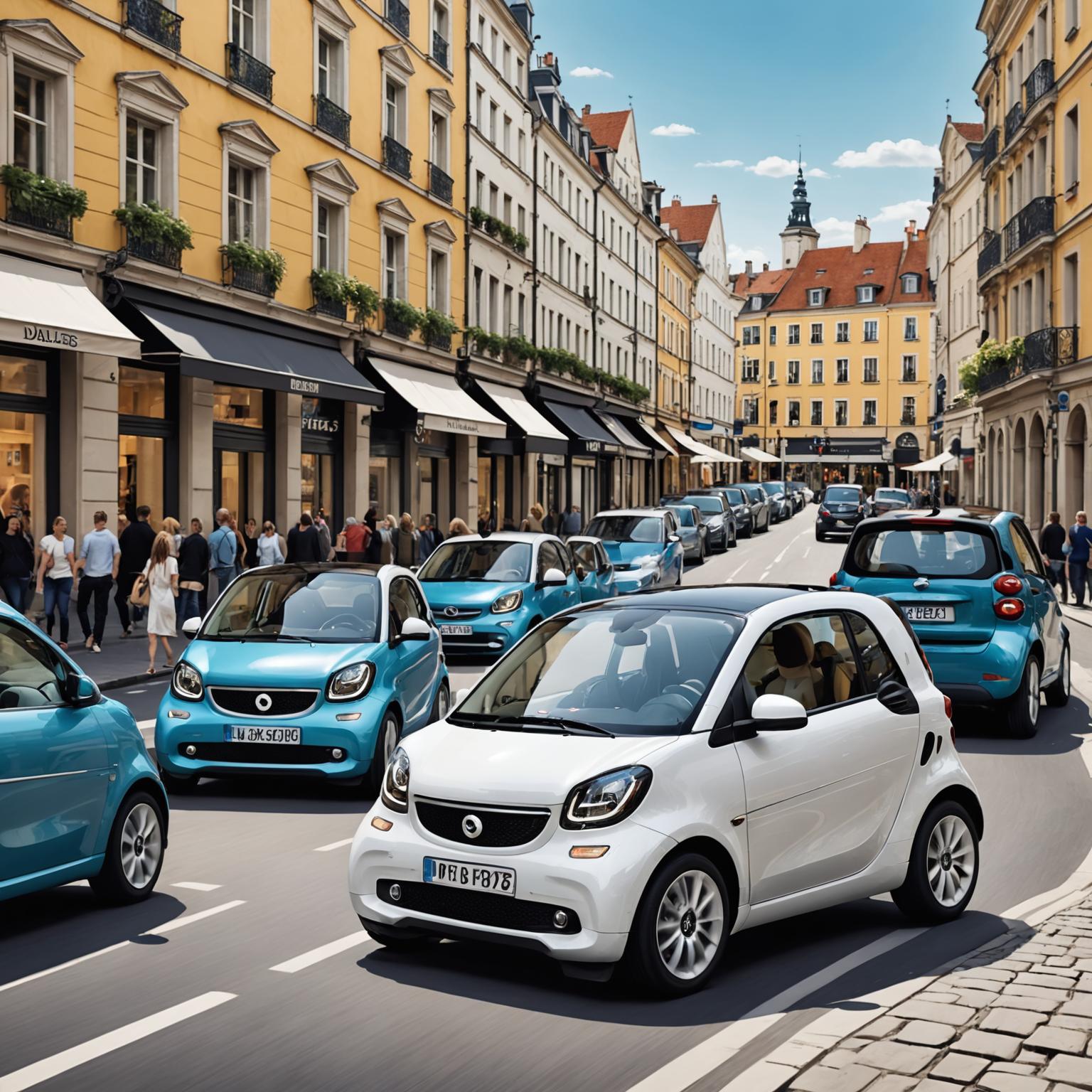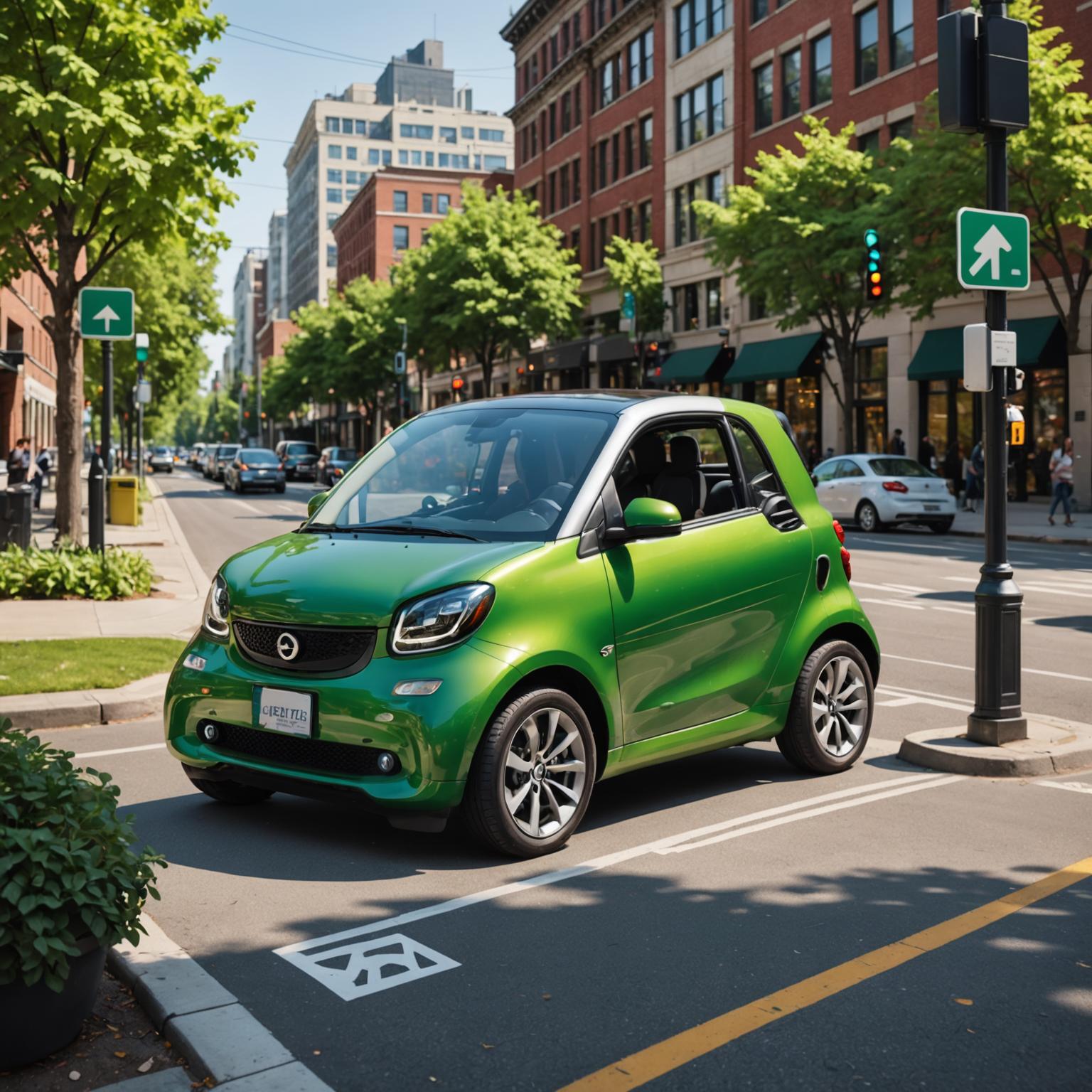In an era where fuel efficiency is a top priority for drivers, the conversation often turns to compact, economical vehicles. Among these, the iconic Smart car stands out, particularly for its impressive smart car mpg. Originally designed for navigating crowded European city streets, the Smart Fortwo quickly gained a global reputation for its tiny footprint and remarkable fuel economy. This combination makes it an attractive option for urban commuters and environmentally conscious drivers looking to minimize both their fuel costs and their carbon footprint. The vehicle’s lightweight construction and small-displacement engine are the primary factors behind its excellent mileage, offering a practical solution to rising gas prices.
Breaking Down the Smart Car MPG Ratings
When examining the vehicle’s efficiency, it’s crucial to look at the specific smart car MPG ratings for different models and years. The most common model, the Smart Fortwo, has seen several generations, each with slight variations in fuel consumption. For gasoline-powered models, drivers can typically expect combined ratings in the high 30s, often around 34 MPG in the city and 38 MPG on the highway. The diesel variants, though less common in some markets, offered even better figures. It’s important for prospective buyers to check the official EPA ratings for the specific model year they are considering, as these provide a standardized benchmark. These official smart car MPG ratings help consumers make an informed decision when comparing the Smart car to other subcompact vehicles on the market.
Real-World Factors Affecting Your Fuel Economy
While the official ratings provide a great starting point, the actual mileage you achieve can be influenced by a multitude of real-world factors. Your driving style is one of the most significant variables; aggressive acceleration and hard braking can reduce fuel economy by up to 30%. The type of driving you do also matters. The Smart car excels in stop-and-go city traffic, but consistent high-speed highway driving can impact its efficiency differently. Other factors include proper vehicle maintenance, such as ensuring your tires are inflated to the correct pressure, performing regular oil changes, and keeping the engine in good tune. Even the amount of weight you carry in the car and the use of air conditioning can have a noticeable effect on your overall miles per gallon.
How to Maximize Your Smart Car’s Efficiency
Fortunately, there are several simple strategies you can employ to get the most out of every gallon of fuel. Adopting a smoother driving style by anticipating traffic flow and coasting to a stop instead of braking suddenly can yield significant savings. Stick to the speed limit, as fuel efficiency typically decreases at speeds above 50 mph. Regular maintenance is non-negotiable; follow the manufacturer’s recommended service schedule to keep your car running optimally. Reduce unnecessary weight by removing heavy items from your trunk or cabin when they are not needed. By being mindful of these factors, you can often meet or even exceed the official smart car MPG ratings, making your driving experience both economical and rewarding.

